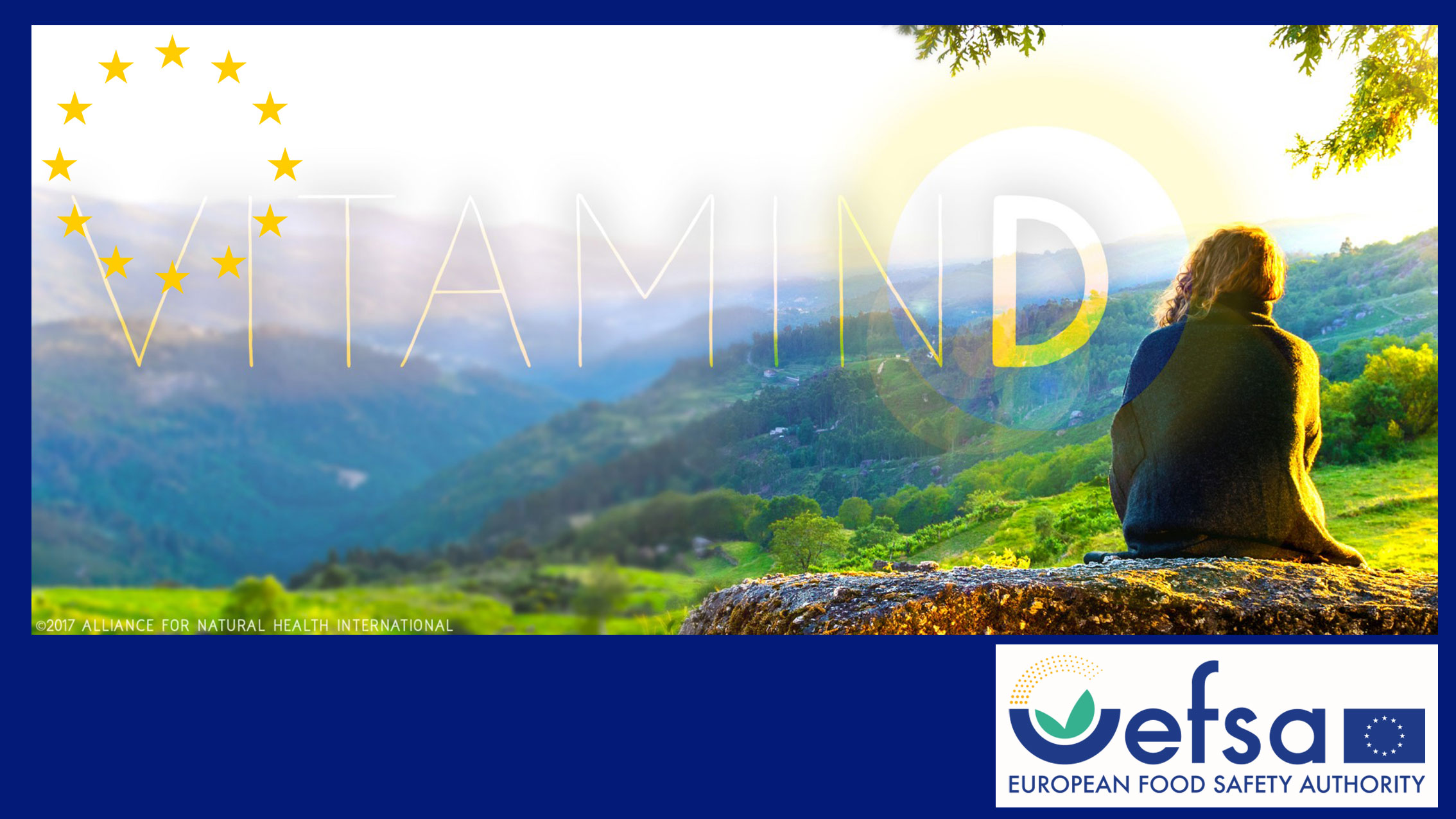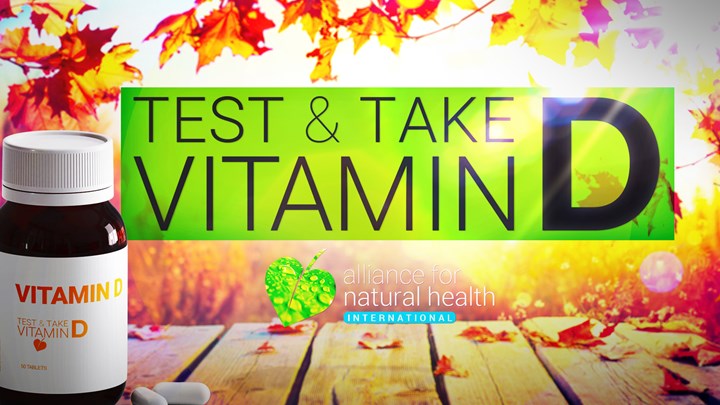Content Sections
The European Food Safety Authority (EFSA) launched a consultation, with a predictably short timescale, on the draft scientific opinion for the tolerable upper limit (TUL) of vitamin D in May, as it continues to pick off nutrients one by one in order to reduce their TULs, further reducing consumer freedom of choice to support their health naturally.
The main criticism of the draft opinion centres around the methodology being used by EFSA, which we consider to be grossly problematic and outdated through the continued use of old, irrelevant science.
EFSA has, for many years, been sculpting its scientific assessments to suit policy (and pharma) objectives. Setting such patently inadequate TULs not only harms consumers but sets the scene for pharma companies to bring in higher doses under the guise of 'drugs'.
The next nutrient to go under the scope is folate, yet again. We will, as always, be responding to the consultation using good science and good law to protect consumer rights and freedoms to support their health - naturally!
>>> Vitamin D is essential for a myriad of metabolic functions - find out more
Take homes of ANH consultation response
Link to consultation: https://connect.efsa.europa.eu/RM/s/publicconsultation2/a0l09000004LaL6/pc0451
- There are wide variations in circulating vitamin D status among individuals (due to multiple factors such as degree of sun exposure, dietary intake, age, ethnicity, body weight, genetic polymorphisms). This means that individuals who are depleted in vitamin D, dark-skinned or elderly tend to require considerably higher doses than those who are replete, light-skinned or young and want to maintain beneficial levels.
- Vitamin D’s fat solubility translates to considerable diversity in use-patterns of vitamin D supplements, with many individuals taking bolus doses weekly or even less frequently for convenience and better compliance. A legally enforced maximum permitted level (MLP) based on the TUL derived from chronic intake data would act disproportionately on those preferring to take bolus doses. By reducing compliance, such regulatory limitation could actually increase the risk of vitamin D deficiency and associated conditions and disease.
Determining TULs as a basis for subsequent regulation that include risk only and exclude any consideration of doses of specific forms of micronutrients is flawed.
We therefore consider it essential that the European Commission’s tasks EFSA with a risk-benefit assessment of vitamin D prior to the TULs being used to establish MPLs.
References
Dix CF, Bauer JD, Martin I, Rochester S, Duarte Romero B, Prins JB, Wright ORL. Association of Sun Exposure, Skin Colour and Body Mass Index with Vitamin D Status in Individuals Who Are Morbidly Obese. Nutrients. 2017; 9(10):1094. https://doi.org/10.3390/nu9101094.
Karonova T, Grineva E, Belyaeva O, Bystrova A, Jude EB, Andreeva A, Kostareva A, Pludowski P. Relationship Between Vitamin D Status and Vitamin D Receptor Gene Polymorphisms With Markers of Metabolic Syndrome Among Adults. Front Endocrinol (Lausanne). 2018 Aug 16;9:448. doi: 10.3389/fendo.2018.00448.
Lips P, Bilezikian JP, Bouillon R. Vitamin D: Giveth to Those Who Needeth. JBMR Plus. 2019 Nov 14; 4(1):e10232. doi: 10.1002/jbm4.10232.
Mylona K, Ulberth F, Maragkoudakis P et al. 2016. Delivering on EU food safety and nutrition in 2050 – Future challenges and policy preparedness. Joint Research Centre, Institute for Reference Materials and Measurements, Publications Office: https://data.europa.eu/doi/10.2787/625130.
Verkerk RH, Hickey S. A critique of prevailing approaches to nutrient risk analysis pertaining to food supplements with specific reference to the European Union. Toxicology. 2010; 278(1): 17-26. doi: 10.1016/j.tox.2009.12.017.
Verkerk RH. The paradox of overlapping micronutrient risks and benefits obligates risk/benefit analysis. Toxicology. 2010; 278(1): 27-38. doi: 10.1016/j.tox.2010.02.011.
>>> If you’re not already signed up for the ANH International weekly newsletter, sign up for free now using the SUBSCRIBE button at the top of our website – or better still – become a Pathfinder member and join the ANH-Intl tribe to enjoy benefits unique to our members.
>> Feel free to republish - just follow our Alliance for Natural Health International Re-publishing Guidelines
>>> Return to ANH International homepage








Comments
your voice counts
There are currently no comments on this post.
Your voice counts
We welcome your comments and are very interested in your point of view, but we ask that you keep them relevant to the article, that they be civil and without commercial links. All comments are moderated prior to being published. We reserve the right to edit or not publish comments that we consider abusive or offensive.
There is extra content here from a third party provider. You will be unable to see this content unless you agree to allow Content Cookies. Cookie Preferences